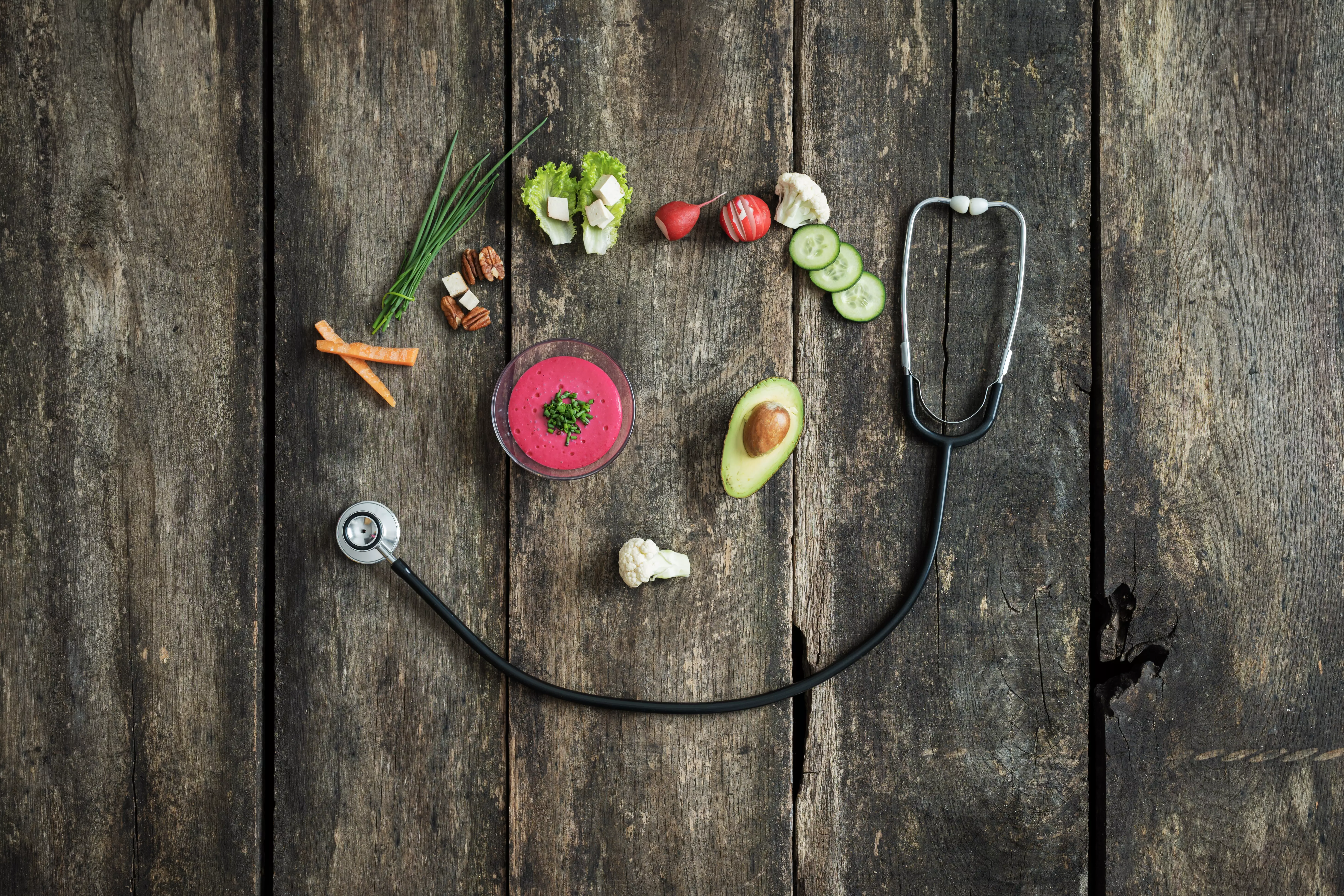Introduction to food and well-being
A growing body of research indicates that there is a strong correlation between what we eat and our well-being. Dietary choices can affect not only our physical health, but also our mental state. In this article, we take a look at how various nutrients and eating habits translate into our daily emotions and overall well-being.
The role of nutrients
Our diet should be rich in a variety of nutrients to support bodily functions. Vitamins, minerals, fatty acids, and protein - each of these elements plays an essential role in biological processes. Lack of important components can lead to deficiencies that manifest themselves in the form of mental problems such as depression or anxiety.
How does diet affect mood?
A diet rich in processed foods and sugars can affect our mood in negative ways. Spikes in blood sugar levels can cause mood swings and fatigue. In contrast, foods high in unsaturated fatty acids, such as fish, nuts and avocados, can contribute to better mood and overall mental health.

The importance of probiotics and prebiotics
There's a reason it's said that the gut is the second brain. Probiotics and prebiotics play a key role in maintaining a healthy gut microflora, which can have a positive impact on our mood. Regular consumption of fermented foods such as yogurt, kefir, and pickles supports the balance of bacterial flora and can lower the risk of depression and anxiety.
Food and emotions
Our emotions often direct what we eat. When stressed or sad, many people reach for comfort food, which is usually high in calories and low in nutrients. These kinds of habits can lead to a cycle of mistakes, in which a bad mood results in poor nutrition, which in turn compounds emotional problems. It's important to understand how our feelings affect our dietary choices and how healthy eating can help improve our mental state.
The role of diet in the fight against depression and anxiety
Research shows that the MIND diet, which combines elements of the Mediterranean diet and the DASH diet, can help prevent and treat depression and anxiety. It contains plenty of vegetables, fruits, nuts and whole-grain products. People who follow the principles of this diet report better mood and improved mood.
The importance of meal regularity
Meal regularity has a significant impact on our mood. Eating irregularly can lead to energy fluctuations, which in turn affects our ability to concentrate and make decisions. It is important to establish a routine in which meals are delivered at equal intervals to minimize energy fluctuations and improve emotional stability.
Food and sleep quality
Sleep is crucial to our mental and physical health, and our diet has a significant impact on its quality. Eating heavy, fatty or processed foods before bed can lead to sleep disturbances. Instead, go for light meals containing tryptophan, which is an amino acid that supports the production of serotonin, a mood-regulating hormone.
Summary - key findings
Ultimately, our diet has a huge impact on our mood and mental health. By choosing healthy and varied foods, we can positively affect our emotions and overall quality of life. The key is to be mindful of our choices and make changes that support both our body and mind. Let's remember that change starts on the plate - let's reach for health!

Add comment